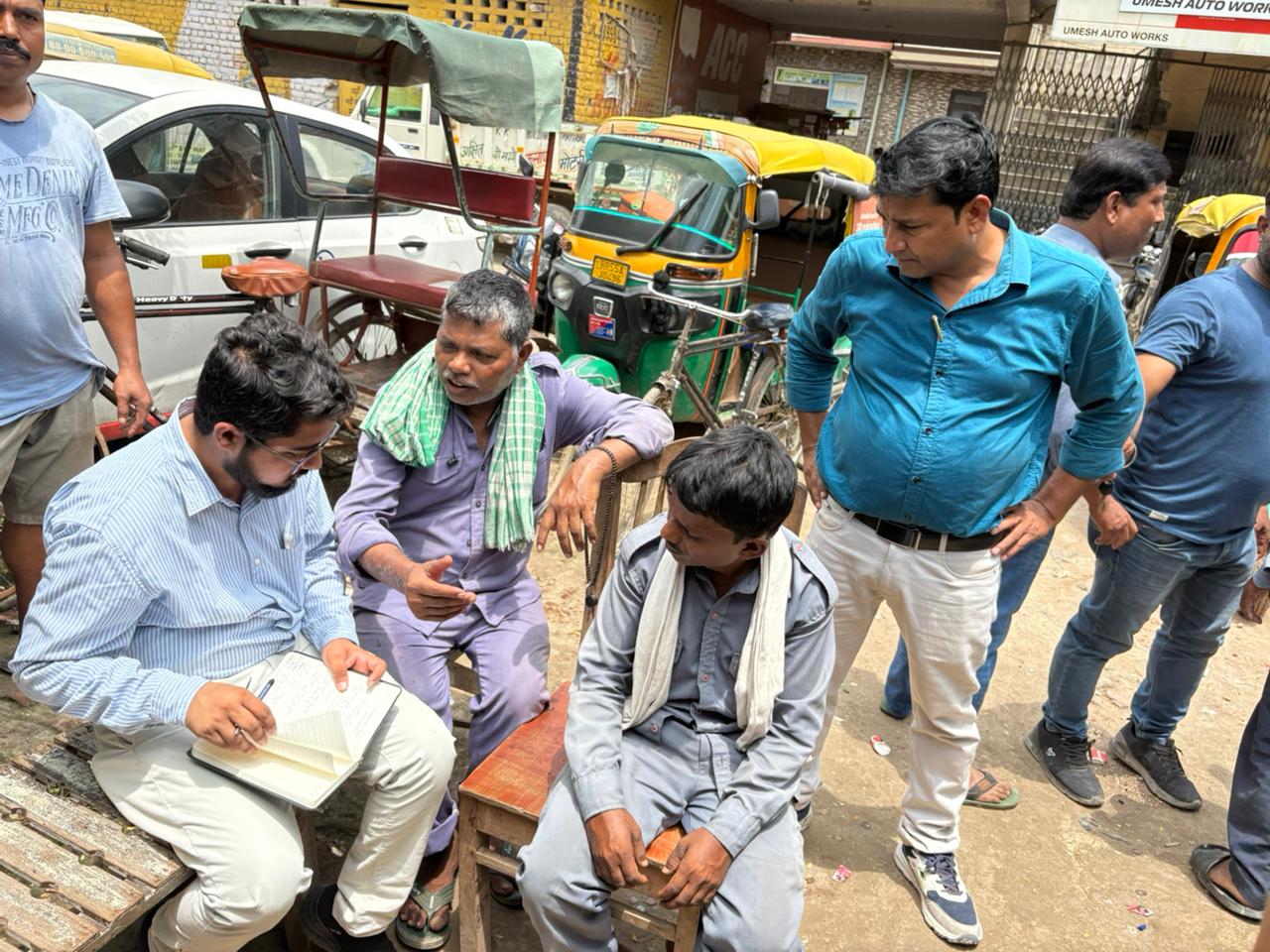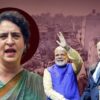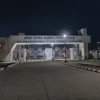Mohammad Aaquib
The issue of Bengalis being harassed in many parts of India outside West Bengal is primarily one of religious discrimination rather than an ethno-lingual one. If you’re a Bengali Muslim—be it in Delhi or Assam—you’re labelled a Bangladeshi or Rohingya, despite having ample certifications to prove your citizenship. The hatred for Muslims is being swept under the rug, with the active focus placed on the Bengali identity.
Parties like the TMC, opposing this discrimination, focus more on the victims as Bengalis rather than Muslims because they know that openly showing sympathy for Muslims would provoke backlash from Hindus. However, Bengali nationalism binds everyone and is seen as a safer approach, albeit not an effective one. In reality, it’s a double-edged sword that could cause more harm to marginalized Bengali Muslims than good, as the core of their discrimination—the religious aspect—is overlooked.
“Muslims are on a trajectory of marginalisation whatever the indicators and places we look at.”
— Christophe Jaffrelot
To further take a dig at the central government and the BJP at large, Abhishek Banerjee, an MP from West Bengal’s Diamond Harbour, said during the 21st July Dharamtalla rally that TMC MPs can speak in Bengali in Parliament. While this statement may seem passionately triumphant, it risks further isolating some MPs from West Bengal whose mother tongue is not Bengali. If the party insists on enforcing this, it will not only alienate some of their own MPs but also become a different form of the very exclusion they claim to fight against. Just as Marathis may expect Bengalis to speak Marathi, Bengalis demanding that non-Bengali residents and politicians converse only in the local language is simply another manifestation of the same problem.
No politician from the TMC—be it the supremo Mamata Banerjee, her nephew Abhishek, or any other prominent leader—has yet spoken about the fact that the majority of victims in the recent onslaught on Bengalis across the country are Muslims. When someone is labelled a Bangladeshi or a Rohingya, the implication is clear—they are being indirectly referred to as Muslims, given that the overwhelming majority of both Bangladeshis and Rohingyas belong to the Muslim faith. Fixating on the language and ethno-lingual identity of the victims, while the actual grounds of harassment may lie elsewhere, will not address the root of the problem—it will only deepen it under the guise of sub-ethnic superiority.
Delhi’s Jai Hind Camp, a cluster of about 3,000 slums near Vasant Kunj, has been without electricity for nearly two weeks now, and the vast majority of residents in the area are Muslims. While the Banerjees and Chatterjees hold high positions in corporate sectors, administration, and educational institutions—be it in West Bengal, across India, or abroad—it is mostly the poor Bengali Muslims who bear the brunt of institutional isolation and persecution. The Sachar Committee report stands as testimony to the fact that Muslims of West Bengal, mostly Bengalis, are among the most socio-economically backward groups in the entire country. They are the ones forced to live in dilapidated huts and isolated camps across various parts of India after migration. It’s absolutely possible that some among these harassed Bengalis are not Muslims, but given that the vast majority are Musalmans, the primary reason behind their harassment and marginalization is their religious identity—not their ethno-lingual one.
In most cases where individuals are branded as “Bangladeshi” or “Rohingya,” the underlying reason is not their language but their religious identity. Bengali-speaking Muslims, despite possessing valid identification documents, are often treated with suspicion and hostility across several states. Reports from regions like Delhi, Assam, and Odisha reveal a consistent pattern of Bengali Muslims facing harassment, detention, or forced displacement, even when they are legally Indian citizens. These actions reflect a deeper prejudice rooted in religion. The label “illegal immigrant” is frequently used as a cover to justify targeting Muslims, making their faith—not their language—the true basis of persecution.
Didi’s insistence on solely clinging to the Bengali and not the Muslim nature of the victims could be due to her fear of losing Hindu confidence back home. Only recently, the grand temple at Digha has been opened, and sweets or prasad from the place were distributed across the state, throughout major cities, towns, and many villages. She may not want to allow the BJP to breathe and have her Hindu voter base shift their electoral affiliations. However, it is important to note that her 2021 victory could be largely attributed to the fact that more than 70% of all Muslim voters in the state sided with TMC, giving them victory. Yet the representation of Muslims in the state Legislative Assembly is abysmal, and this reluctance to openly admit that it’s the Bengali Muslims—and not just Bengalis—being harassed seems like a failure to uphold the trust of her electorate. This calculated silence not only weakens the TMC’s credibility among minorities but also dents West Bengal’s historical identity as a secular and inclusive state. When political survival outweighs moral responsibility, the groundwork is laid for long-term communal alienation, even in regions once known for resisting majoritarian politics.
Xenophobia related to Bengalis has indeed existed in places like Assam, but when the infamous Nellie Massacre took place, the thousands and thousands of poor individuals who were massacred in broad daylight by the Assamese but not just Bengalis, but Bengali Muslims. Their religious identity was considered to be one of the core motivations behind this genocide targeting a certain community. Therefore, it is undeniable that prejudice related to poor Bengalis is not a new thing, but solely fixating on their ethno-lingual identity and not the religious one too would be a betrayal to those rotting in detention camps. The perpetual and systemic onslaught against Muslims could also be taken as proof to further strengthen the argument of a religious group being in crisis.
If the root cause of the issue is not addressed, then it’s obvious that the solution will not be found. While the BJP and TMC may keep playing their political agendas, the poor victims of harassment from the Assam government or the Delhi administration will not find any solace. Their lives are reduced to files, suspicions, and slurs—stripped of dignity and rights. Until political leaders confront the fact that this is targeted Muslim persecution, not a vague ethnic dispute, the cycle of violence and alienation will continue.
Mohammad Aaquib is a Kolkata-based writer and researcher. He works on communalism, political violence, and Muslim identity in contemporary South Asia. He can be reached at maaquib8th@gmail.com and @mohammad._.aaquib.
The views expressed in this article are author’s own and do not necessarily reflect the policy of the platform.



























































